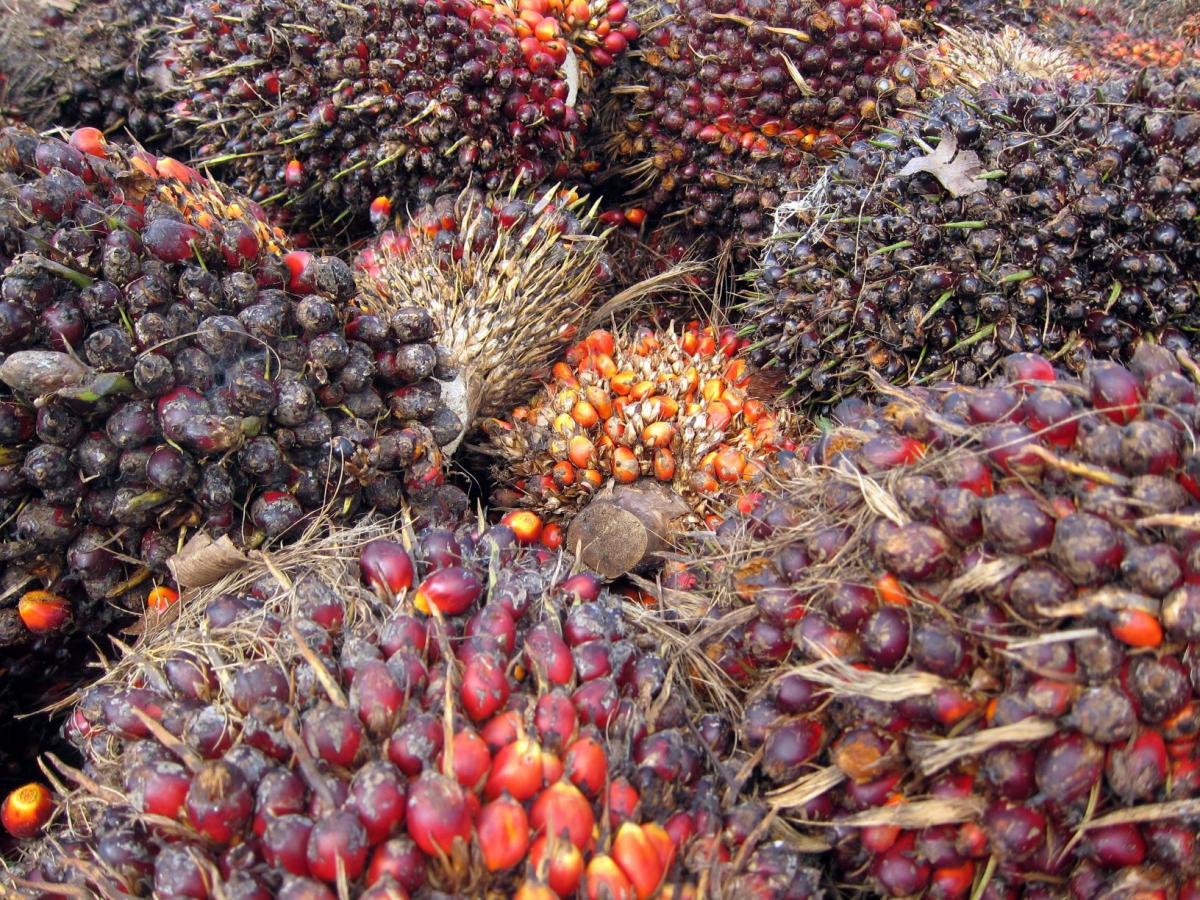
Sustainable palm oil is possible!
Palm oil is used in many of our food products, ranging from peanut butter to shampoo. Lately, there has been a lot of attention for the excesses involved in its production. Issues involved can be the destruction of valuable rainforests, the exploitation of workers and violation of the land rights of people. So is the best solution to ban the use of palm oil? Although such a ban is tempting, but the alternatives to palm oil have drawbacks as well. Instead we call on companies and consumers to buy sustainable palm oil and on producing companies to make sustainable palm oil the norm.
Already 88% certified palm oil used in the Netherlands
Many national and international initiatives show that sustainable palm oil production and consumption is possible. In November 2018, the Dutch Alliance for Sustainable Palm Oil presented its annual report to the Dutch parliament. This alliance has been working to increase the uptake of sustainable palm oil in The Netherlands. The report shows that 88% of the palm oil used in food products within the Netherlands was certified as sustainable in 2017. Even though this means that we are not there yet, it proves the transitioning is possible.
Attractive source of income
Oil palms generating the fruits from which the oil is later pressed, are cultivated in the tropical regions of Asia, Latin America and Africa. The crop has a potentially high and constant yield per hectare, which means that it is an attractive source of income even for farmers with little land. About 40% of palm oil fruit worldwide is produced by smallholder farmers, who often only manage to produce half of their potential yield. If we could support them to raise their yields in a sustainable manner and adopt climate smart practices, they could improve their income and ensure sustainable palm oil production for all.
Europe is in position to drive improvements
The Netherlands is the largest European importer of palm oil. This position gives us great responsibility, but also enables us to do something about the issues. We need to ensure that the palm oil we purchase does not contribute to excesses but rather increases the sustainability of its production. We can do so by purchasing sustainable palm oil. A good indicator for sustainability is the certification by the Roundtable on Sustainable Palm Oil (RSPO). This international initiative is set up to increase the sustainability of global palm oil production. Its certification requires for example that palm oil processing companies pay a fair wage and that the expansion of production areas does not harm valuable biodiversity. The RSPO logo can already be found on quite a few products in the Dutch market. However, as goes for many certification schemes, it is not the ultimate solution Nonetheless, the demand for a certified product drives improvements in the field.
Major role for governments and businesses
Most major European companies are using or stimulating sustainable palm oil. But this is not enough. We also need companies to take shared responsibility to enable the production of sustainable palm oil on the ground. Luckily we see more and more examples of companies taking a leading role in this. For example, this week BASF, The Estee Lauder Companies, Roundtable on Sustainable Palm Oil and Solidaridad have announced to work as partners in a Sustainable Palm Project in the district of Waykanan, Lampung, Indonesia. The project supports independent Indonesian smallholder farmers to improve their livelihoods and their sustainable production of palm oil and palm kernel oil. The program achieves these goals by offering continuous education and technical support on implementing and maintaining sustainable palm oil practices. The project’s target is that a minimum of one-third of the supported smallholder farmers become certified according to the Smallholder Standard of RSPO at the end of three years. READ the full press release here.
Investing in improvements
It is easy to grow cynical about all the negative reports on palm oil production and plea for a call for a total boycott. However, at Solidaridad, we believe there are better solutions. Instead of a boycott, we should help small-scale farmers in Asia, Africa and Latin America to raise their production on existing plantations using better techniques. We should support local and Western governments in making better policies, and we encourage national and international businesses to invest in sustainable production. We also call on consumers to keep an eye out for the RSPO logo when purchasing products containing palm oil.
